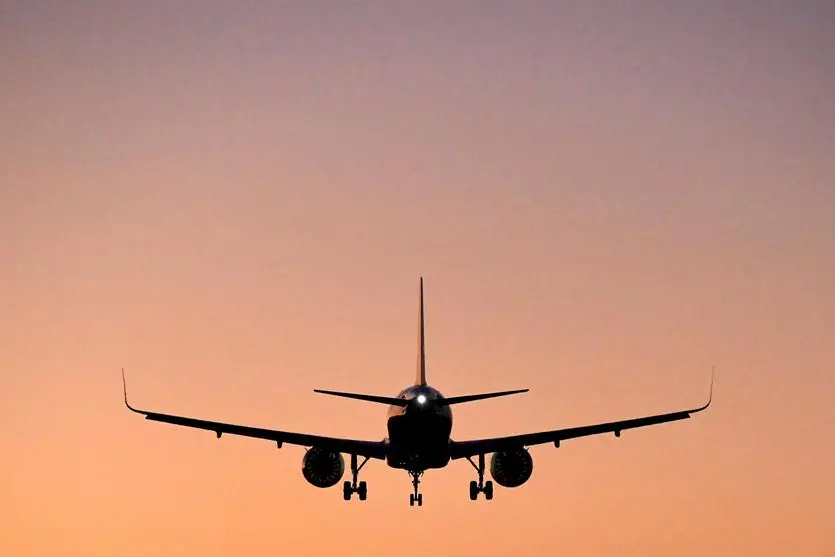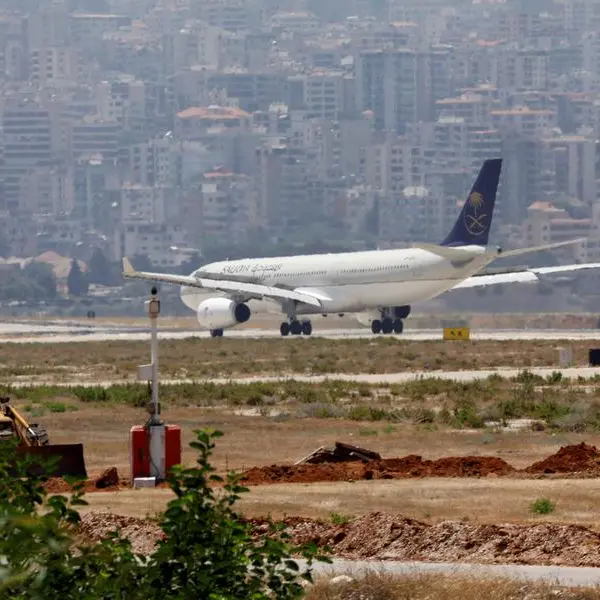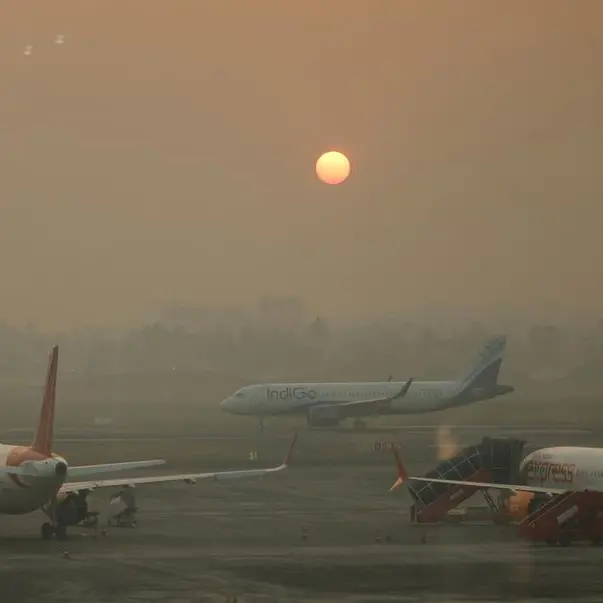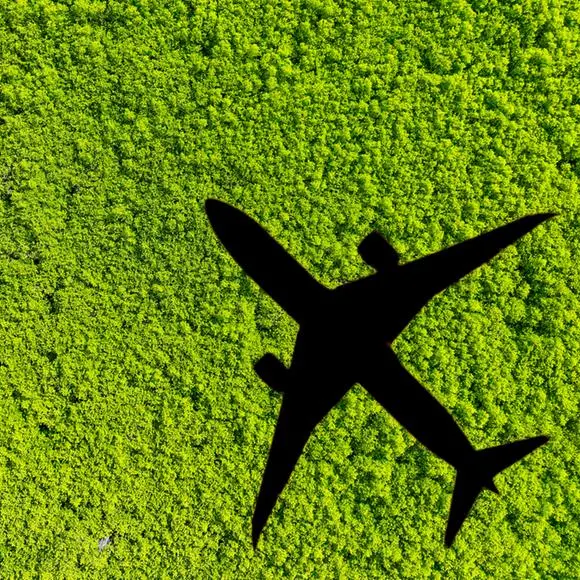PHOTO
Global airline body IATA forecast industry-wide 2025 revenue of more than a trillion dollars and record passenger numbers on Tuesday, despite what its chief Willie Walsh said were "unacceptable" difficulties in securing new planes.
Airlines around the world have seen their growth hampered by problems at Boeing and Airbus which have delayed jet deliveries. Without newer, more efficient planes, airlines say they cannot cut back fuel costs while flying more people.
"We've given them time. I think our patience has run out. The situation is unacceptable," International Air Transport Association (IATA) head Walsh told reporters in Geneva.
Walsh said suppliers were acting like "quasi-monopolies" and appeared to be benefiting from the problems they had caused.
"We're going to have to ramp up the pressure and maybe look for support to force key suppliers to get their act together," said Walsh, who was previously head of British Airways and its parent company IAG.
Despite the problems, IATA said it expected the industry to generate 36.6 billion dollars of net profit in 2025, up from 31.5 billion dollars in expected net profit in 2024, with a record 5.2 billion passengers set to fly.
That comes four years after the industry collapsed to a $140 billion loss in 2020 as a result of the COVID-19 pandemic, but which has recovered thanks to robust travel demand.
Jet fuel prices are also set to fall, offering some relief.
Walsh was upbeat about the second term of U.S. President-elect Donald Trump, saying that his actions in his first term had boosted the sector.
"The indication is that the second Trump administration is likely to reverse some of the actions that were taken under the (Joe) Biden administration," he said.
"I would see the Trump administration as being a net positive for the industry," he added.
However, uncertainty tied to conflicts in the Middle East and Ukraine could pose risks to the sector's health, said IATA, which expects 2025 passenger yields, the average amount paid by a passenger to fly one mile, to fall by 3.4% versus 2024.
(Reporting by Joanna Plucinska and Emma Farge; Editing by Louise Heavens and Alexander Smith)





















